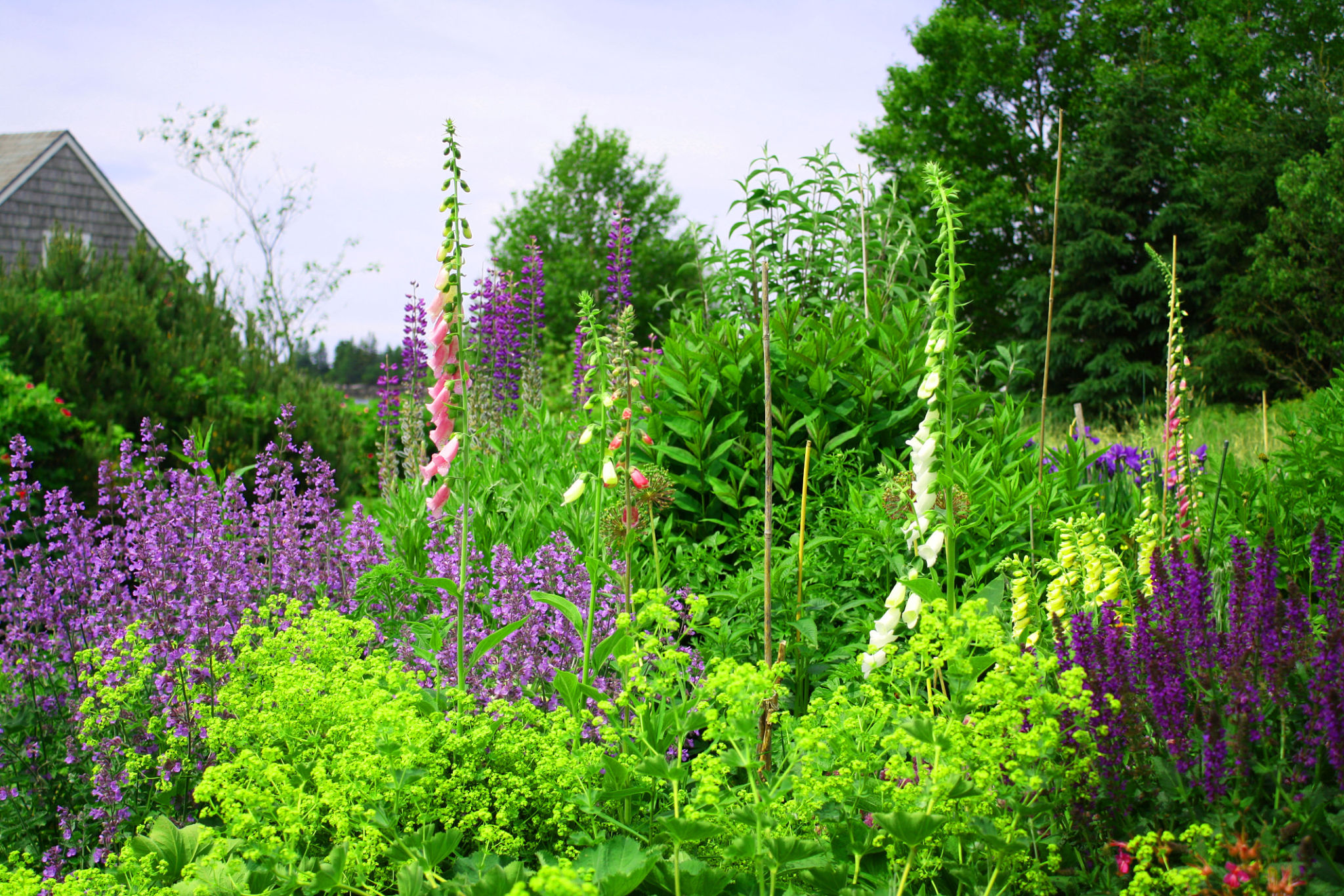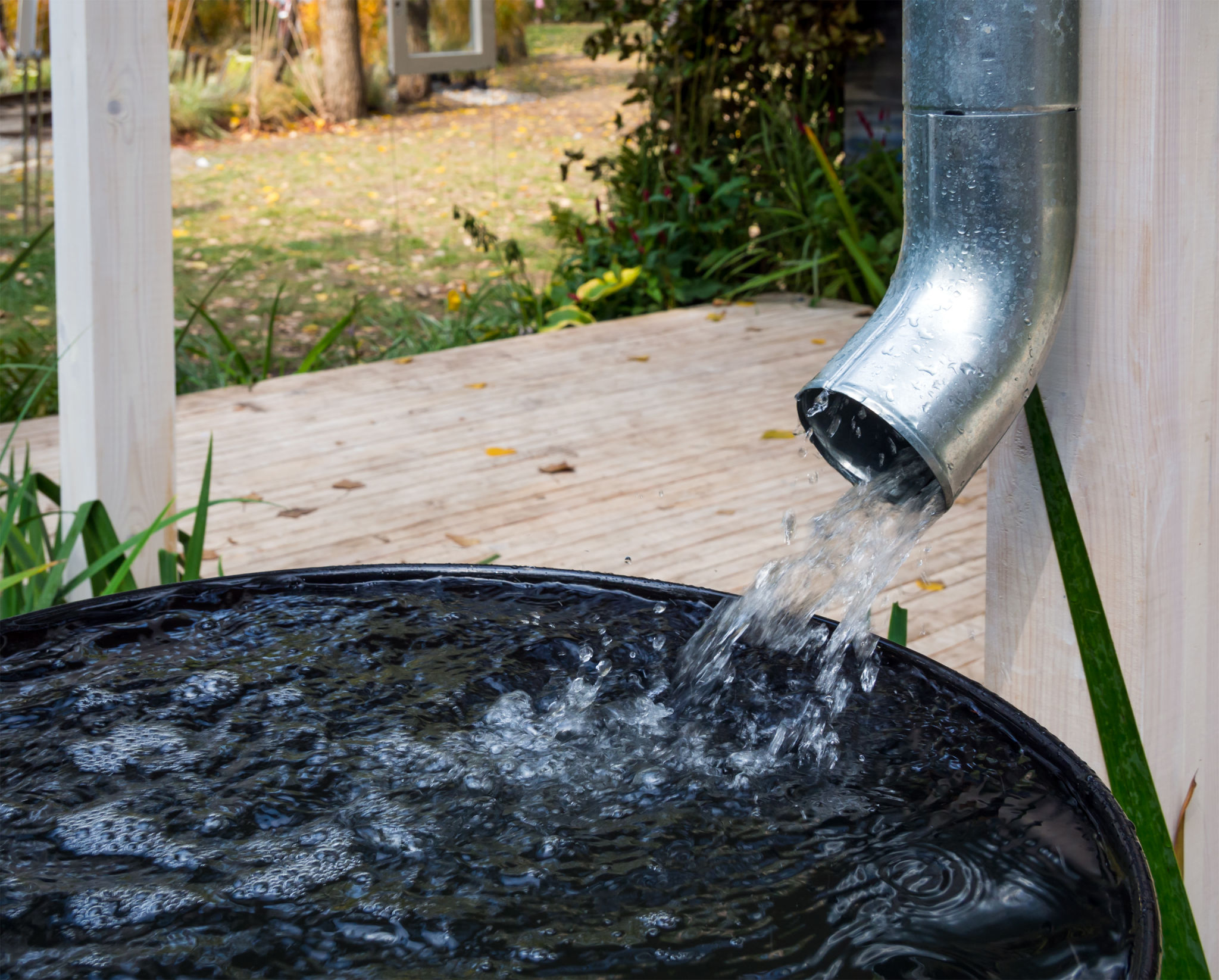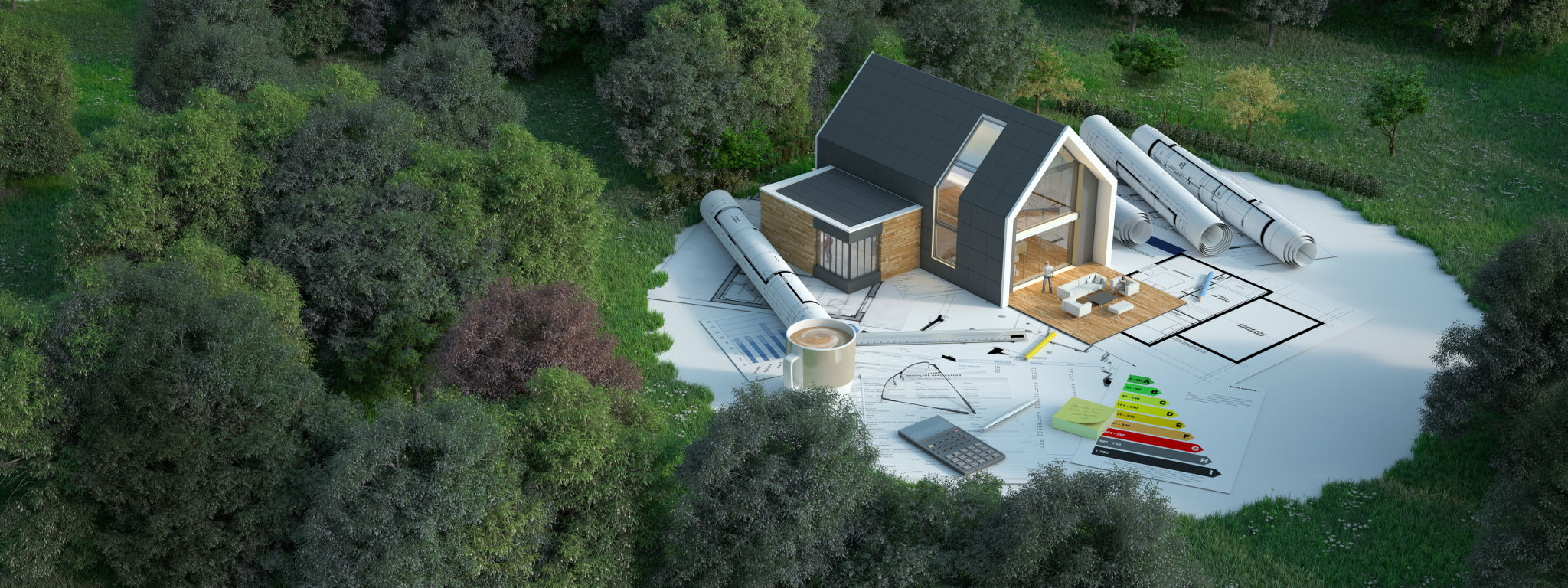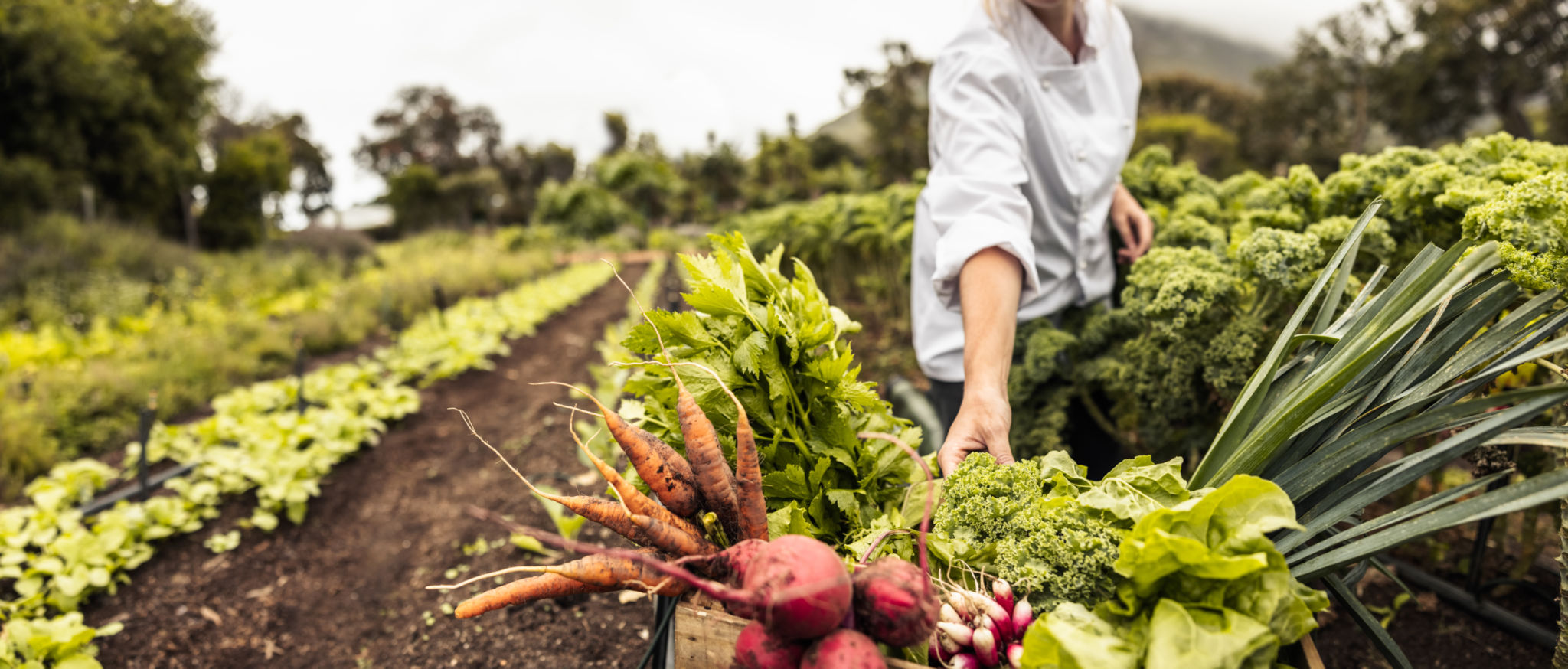The Complete Guide to Sustainable Landscaping for Townhomes
Understanding Sustainable Landscaping
Sustainable landscaping is a holistic approach to designing and maintaining green spaces that are environmentally friendly, economically viable, and aesthetically pleasing. For townhome owners, this means creating landscapes that not only enhance the beauty and value of their property but also contribute positively to the surrounding environment.
By focusing on sustainable practices, such as using native plants and minimizing water usage, townhome residents can reduce their ecological footprint while enjoying a lush, vibrant garden. As urban areas continue to grow, sustainable landscaping becomes increasingly important in promoting biodiversity and combating climate change.

Choosing the Right Plants
One of the key aspects of sustainable landscaping is selecting plants that are well-suited to the local climate and soil conditions. Native plants are often the best choice, as they require less water, fertilizer, and maintenance. They also attract local wildlife, such as birds and pollinators, which can enhance the ecological balance of your garden.
Consider creating a diverse mix of plants to add visual interest and support a variety of species. Plants that are drought-tolerant or have low water requirements are particularly beneficial in reducing water consumption. Herbs, ornamental grasses, and flowering perennials are excellent options for a sustainable townhome landscape.

Efficient Water Management
Water conservation is a critical component of sustainable landscaping. Implementing efficient irrigation systems, such as drip irrigation or soaker hoses, can significantly reduce water waste. These systems deliver water directly to the plant roots, minimizing evaporation and runoff.
Incorporating rainwater harvesting techniques, like rain barrels or cisterns, allows you to capture and store rainwater for later use in your garden. This not only conserves water but also reduces your reliance on municipal water supplies.

Soil Health and Composting
Maintaining healthy soil is essential for a thriving sustainable landscape. Begin by testing your soil to determine its nutrient levels and pH balance. Amend the soil with organic matter, such as compost or well-rotted manure, to improve its structure and fertility.
Composting is an excellent way to recycle organic waste from your kitchen and garden while enriching your soil. A compost bin or pile can easily be integrated into a townhome landscape and provides a steady supply of nutrient-rich material to fertilize your plants naturally.
Designing for Energy Efficiency
Sustainable landscaping also involves designing your outdoor space to enhance energy efficiency. Planting deciduous trees strategically around your townhome can provide shade during the hot summer months while allowing sunlight to warm your home in winter.

Incorporating hardscaping elements like patios or walkways with permeable materials can help manage stormwater runoff while reducing heat absorption. These features contribute to a comfortable outdoor environment and potentially lower energy bills.
Incorporating Wildlife Habitats
Creating habitats for local wildlife is an integral part of sustainable landscaping. Incorporate features such as bird feeders, birdbaths, and nesting boxes to attract birds and beneficial insects. Avoid using chemical pesticides or fertilizers that can harm wildlife and pollute the environment.
Consider designing areas within your landscape that provide shelter and food for various species. A diverse plant selection with varying heights and structures can support different wildlife needs while enriching the overall ecosystem of your townhome garden.
Maintaining Your Sustainable Landscape
Regular maintenance is crucial in sustaining the health and beauty of your landscape. Employ eco-friendly practices like mulching to retain soil moisture and suppress weeds, reducing the need for chemical herbicides. Hand-pulling weeds or using natural alternatives helps maintain a balanced ecosystem.

Pruning plants appropriately promotes growth and prevents disease while composting garden waste helps recycle nutrients back into the soil. By committing to these sustainable practices, you can ensure that your townhome landscape remains vibrant and environmentally responsible.
The Benefits of Sustainable Landscaping
The benefits of sustainable landscaping extend beyond aesthetic appeal. By adopting these practices, townhome owners can reduce their carbon footprint, conserve resources, and contribute positively to their community’s environmental health. Sustainable landscapes also provide personal benefits, such as reduced maintenance costs and increased property value.
Ultimately, sustainable landscaping is about creating harmonious outdoor spaces that respect nature while fulfilling human needs. With careful planning and commitment, townhome residents can enjoy a beautiful garden that thrives in harmony with its environment.